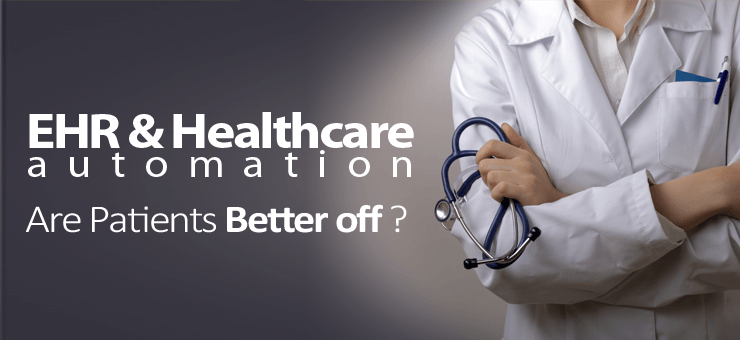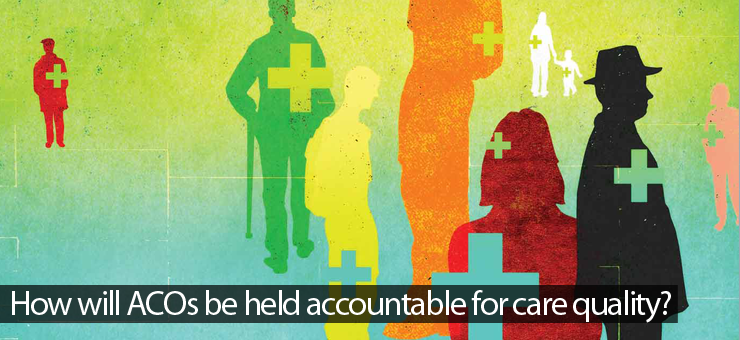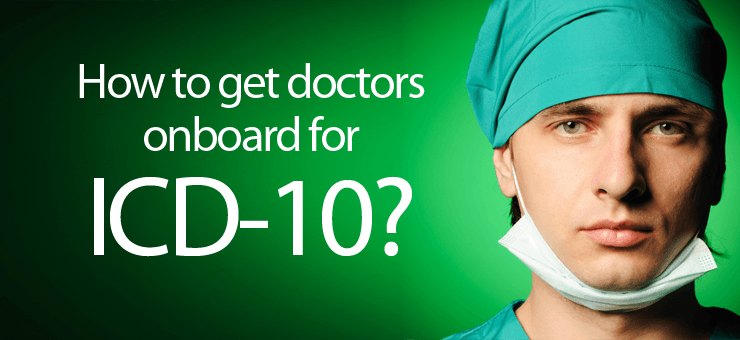In the winter of 1854 when Lord Alfred Tennyson first wrote “The Charge of the Light Brigade” he described in his narrative an ensemble of people who follow their brigade as part of their patriotic duty; in fact, so immersed are these foot soldiers in their sense of civic obligation that they never question where Read more…
10 ways Health IT is transforming Healthcare in America
Transformation takes time, but with the use of IT the process can be made robust. Now let’s get to the 10 ways we believe Health IT is transforming the landscape of healthcare in America. Significantly lower costs: When it comes to technology one major achievement of healthcare IT is the automation process. The other important Read more…
EHR & Healthcare automation: Are patients better off?
Information Technology has completely revolutionized the way healthcare is being managed by providers nationwide. From a point where EMRs were just used to record patient vitals, the technology has expanded to include cross-platform information sharing, meaningful use of patient data, patient portals, electronic prescribing, electronic labs and many others. Where rising healthcare costs have been Read more…
ACOs Will BE Accountable for Care Quality?
The carrot-and-stick approach in the Medicare program, the Accountable Care Organizations (ACOs), has become one of the most talked about new ideas in Obamacare. Providers are entitled to receive more payments if they keep their patients healthy. According to an estimate, nearly four million beneficiaries now belong to an ACO and along with the private Read more…
How Can Doctors Get Ready for ICD-10?
Most of the physicians, healthcare providers and hospitals are gearing up for the monumental change in medical codes which takes effect on October 1, 2014. The classification of disease codes collectively referred to as ICD-10, comprise of almost 70,000 codes. This is an increase of more than 500 percent from the current 13,000 ICD-9 codes, and Read more…
Should patients be concerned about their data and privacy?
Nearly every provider, hospital, healthcare center and clearing house is using information technology, even if it is just related to revenue cycle management. More and more entities are now dealing with EHR software and this means an increase in the number of Protected Health Information (PHI) centers. Meaningful Use regulations are also getting stricter every day, and soon Read more…
Healthcare IT: Does it need more encouragement from the government?
The Federal government seems increasingly concerned about the cost of healthcare, which has been on the rise for the last fifteen years, when the Medicare and Medicaid programs were launched. In the 1970s, the Nixon administration decided that the healthcare system was in a crisis and needed sweeping changes. It expanded the number of Health Read more…
Digital Healthcare: Why doctors are skeptical?
Surprising as it may sound, not every physician is ready to jump on the electronic medical records’ bandwagon. Some have concerns about pricing, setup costs and implementation difficulties, while others are not very tech-savvy and cannot handle complex computer systems. But are these the real reasons why they are not switching to healthcare information technology? Read more…
Medical device interoperability: Good or bad?
Recently, an interoperability summit was organized to discuss a big technical challenge: how to improve safety and connectivity for the vast array of medical and information technology that exists in the healthcare industry today. It is a concern which most practices, healthcare centers and hospital networks are struggling to handle. The question arises, why interoperability now, when there Read more…
The valuable asset you already have: Your EHR data
A recent survey by Accenture reveals that the adoption of Electronic Health Record (EHR) software and Health Information System (HIE) is rising in the United States. Despite the fact that most doctors agree that implementing an EHR system does not reduce their operational costs, they are embracing the technology because it helps them make better Read more…









